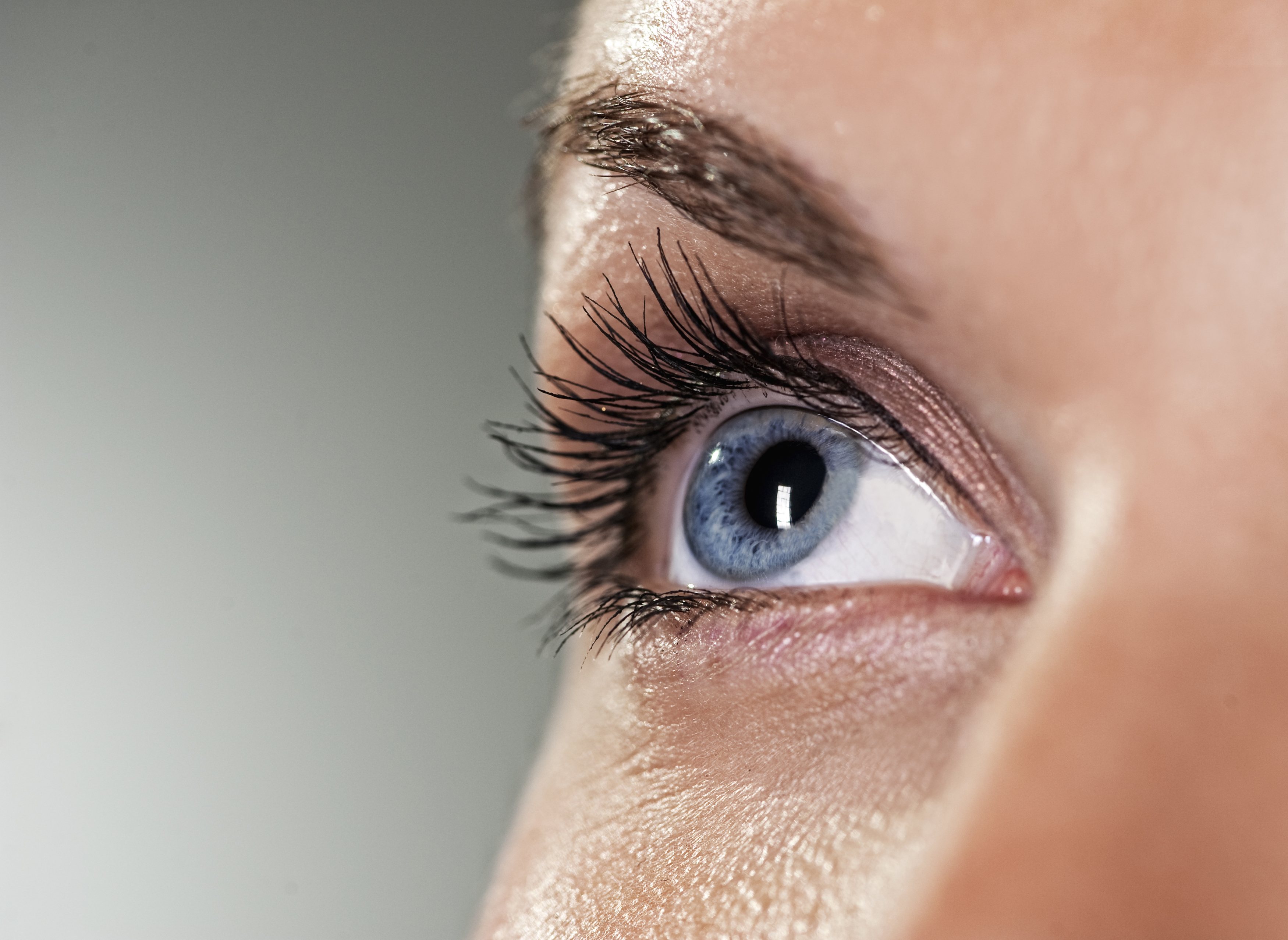There are many health myths that pervade our culture which have not been verified by evidence. This is true for eye care in particular. Below are some common misconceptions about eyes that can help to inform your expectations.
Remember, when looking up information online, especially health information, it is important to make sure the source is reputable, evidence-based and reviewed. The internet is not regulated, and many sources make claims without evidence backing those claims. This misinformation can easily cloud our understanding and decisions, and negatively affect a person’s well-being.
1) “Wearing glasses will make my eyes weaker.”
This is almost never the case. People often feel that their vision deteriorates after wearing glasses. This is because your brain learns what it is like to see clearly. Patients notice a difference because there is generally a slight worsening of prescription over time. This would take place whether or not the patient wears glasses. Wearing glasses will not damage the eyes.
2) “Carrots will help me see better.”
While carrots contain nutrients that have been studied and shown to be helpful in patients who already have macular degeneration, or patients with vitamin A deficiency, they aren’t helpful in the average healthy patient. This myth was first popularized during World War II. The British Royal Air Force began to use a primitive version of radar to target and shoot down the Luftwaffe under the cover of darkness. In an effort to keep the Nazi’s blind to their tactics, propaganda was disseminated that it was related to a high level of carrot intake by British pilots.
3) “Reading in the dark will ruin your eyes.”
Passed down from mother to mother, this myth inadvertently prevents many a child from reading a good book in the evening. There is absolutely no evidence to indicate this. Your eyes will function with the light available, and if it is too dark to read, you simply won’t be able to read. A person cannot strain or damage their eyes by trying to do so.
4) “My vision is getting worse, I think my eyes are just getting old.”
Without eye disease, like cataract, glaucoma or macular degeneration, the eyes can see very well into a person’s nineties! The most common cause of vision loss with age is cataract, so if your vision is getting worse, check in with your eye doctor—in almost all cases something can be done to fix it!
5) “You’ll poke your eye out with that!”
Actually, this is not a myth. People have a way of injuring their eyes with many different types of objects. Always remember to wear eye protection when working or playing with any object that could inadvertently hit the eye. While our surgeons are very good at repairing eyes, some damage cannot be undone.
